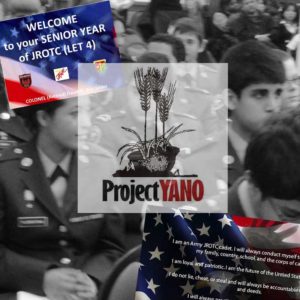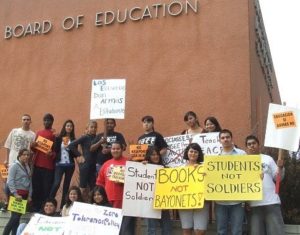Podcast: Play in new window | Download
The Nakba Didn’t End in 1948, It Continues to Impact Palestinians Daily
On May 15, Palestinians marked the 75th anniversary of al-Nakba, which means “the catastrophe” in Arabic. On that date in 1948, Israelis ethnically cleansed nearly 750,000 Palestinians from their lands and destroyed more than 500 Palestinian towns and villages. In addition, on May 15, for the first time ever, the UN General Assembly officially condemned the Nakba.
May 15 was also the day that Israel and Palestinian Islamic Jihad agreed to a ceasefire brokered by Egypt to stop the violence that resulted in the deaths of 33 Palestinians and 2 Israelis. The Israeli assault on Gaza was the sixth such attack since 2007, when Israel imposed a permanent siege on Gaza, controlling the ingress and egress of Palestinians.
Israel maintains an illegal occupation of Palestinian territory. And the United States enables this occupation by providing $3.8 billion in military aid to Israel each year.
Guest – Michel Moushabeck, is a Palestinian American writer, editor, translator and musician. He is the founder and publisher of Interlink Publishing, a 36-year-old, Massachusetts-based, independent publishing house. Michel wrote the article titled, “The Nakba Didn’t End in 1948, It Continues to Impact Palestinians Daily,” which was recently published by Truthout.
—-
Junior ROTC In High Schools: Pressure To Join
On her first day of high school, Andreya Thomas and several other freshmen at Detroit’s Pershing High School learned they were enrolled in a class called J.R.O.T.C., or Junior Reserve Officers’ Training Corps. School administrators told them the program was mandatory.
Funded by the U.S. military, the program required students to wear military uniforms in class, recite patriotic declarations, and obey orders from an instructor who often yelled at them. When several tried to drop the class, school officials refused permission, even though the Pentagon says that requiring students to take the programs runs counter to its guidelines. The New York Times recently learned that thousands of public-school students were enrolled in J.R.O.T.C. either as a requirement or through automatic enrollment. Most of the schools with high enrollment numbers were attended largely by nonwhite students and those from low-income households.
Critics of Junior ROTC say that the program’s militaristic discipline prioritizes obedience over independence and critical thinking. And as we reported earlier on Law and Disorder, and now noted by the Times, the program’s textbooks often rewrite or downplay the failings of the U.S. government. With its concentration in schools with low-income and nonwhite students, some claim J.R.O.T.C. encourages students to enlist in the military rather than explore other routes to college or jobs in the civilian economy.
Guest – Rick Jahnkow works for two San Diego-based anti-militarist organizations, the Project on Youth and Non-Military Opportunities, or YANO, and the Committee Opposed to Militarism and the Draft. We spoke earlier with Rick about YANO’s J.R.O.T.C. textbook review project.
Hosted by Attorneys Heidi Boghosian, Marjorie Cohn and Julie Hurwitz
—————————————————-




